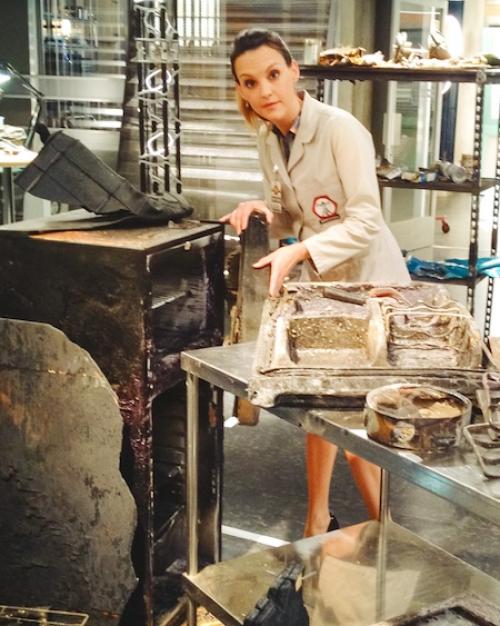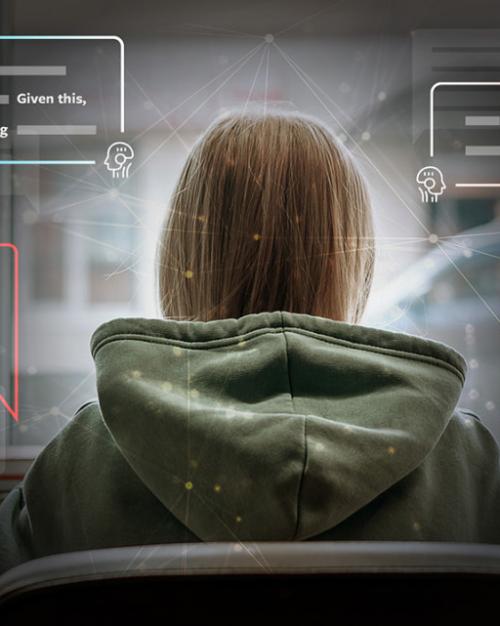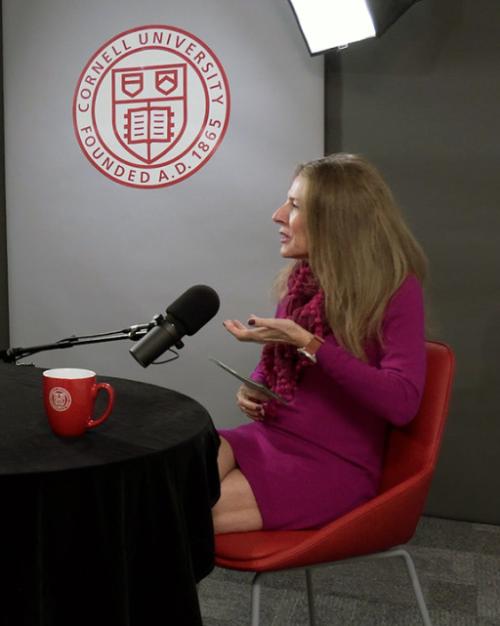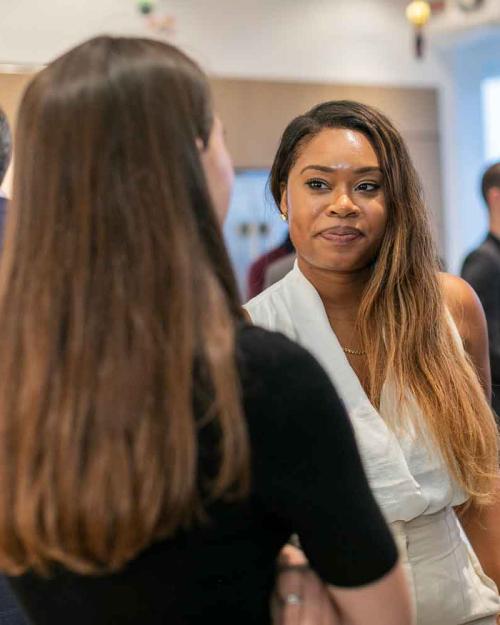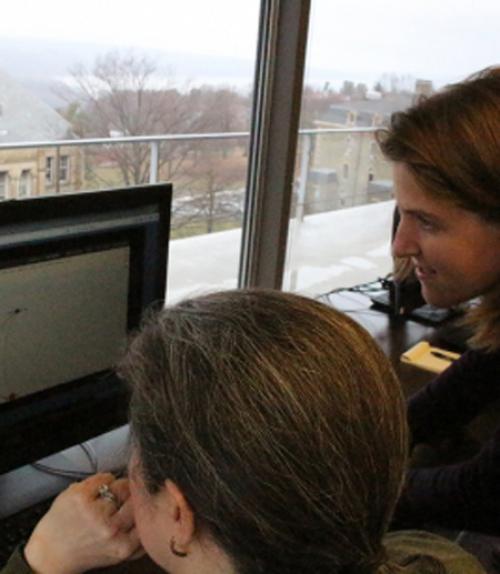Students and faculty interested in learning the tools and techniques of digital humanities can take advantage of a new dedicated workspace in Olin Library, which will host workshops, training sessions and events relating to the evolving field.
The new workspace, the Digital CoLab, will be equipped with tools including Raspberry Pis, tiny computers for teaching programming and digital creation, and Arduinos, interactive objects used to sense and control physical devices. Although librarians will help train those interested in using computing tools, Eliza Bettinger, Olin’s digital humanities librarian, said she views the CoLab’s primary function as helping to foster and empower a research community.
“When it comes to digital humanities, people tend to focus on the technical tools, but the real need is to bring people together,” Bettinger said. “Digital humanities research is collaborative in a way humanities research traditionally hasn’t been, because you need people with different skills coming together.”
Digital humanities – the use of digital media and technology in teaching, learning and research – is inherently cross-disciplinary, drawing researchers from fields such as history, literature, art, computer science, architecture, music and social sciences. Examples of digital humanities projects include text mining, data visualization and exploration, geographical modeling of historical events or creation of digital exhibits. Digital methods can also allow you to bring together large amounts of materials for comparison and research in a way that wasn't possible before.
The CoLab is the latest in a growing effort to foster digital humanities research and collaboration on campus. Cornell University Library also partners with the Society for the Humanities and the College of Arts and Sciences in sponsoring Conversations in Digital Humanities, a wide-ranging discussion series aimed at bringing together students and faculty across disciplines who are interested in these techniques. The library offers a digital humanities fellowship for graduate students, and last year hosted Central New York THAT (The Humanities and Technology) Camp, an informal conference drawing researchers from around the region.
Though Bettinger said she expects the use of the space to evolve over time, initial plans include workshops and co-learning groups – weekly meetings of faculty, graduate students and postdocs who are helping each other learn to use digital tools, with the support of library staff.
“The Digital CoLab in Olin is a great step in developing a robust digital/computational humanities program at Cornell,” said Tom McEnaney, associate professor of comparative literature in the College of Arts and Sciences, who uses digital methods in his research and plans to join one of the co-learning groups at the CoLab. “I think it provides an essential space where students and faculty can work together on projects and experiments bringing together cultural analysis and computer programming.”
The Digital CoLab, in 701 Olin Library, will launch with an open house on Jan. 27 from 4 to 6 p.m., with demonstrations of Raspberry Pis and Arduinos, information about upcoming workshops and free refreshments. Anyone interested from the Cornell community is welcome to attend to learn more about what the CoLab will offer.
“We want to invite people to experiment,” Bettinger said.
This story first appeared in the Cornell Chronicle.
